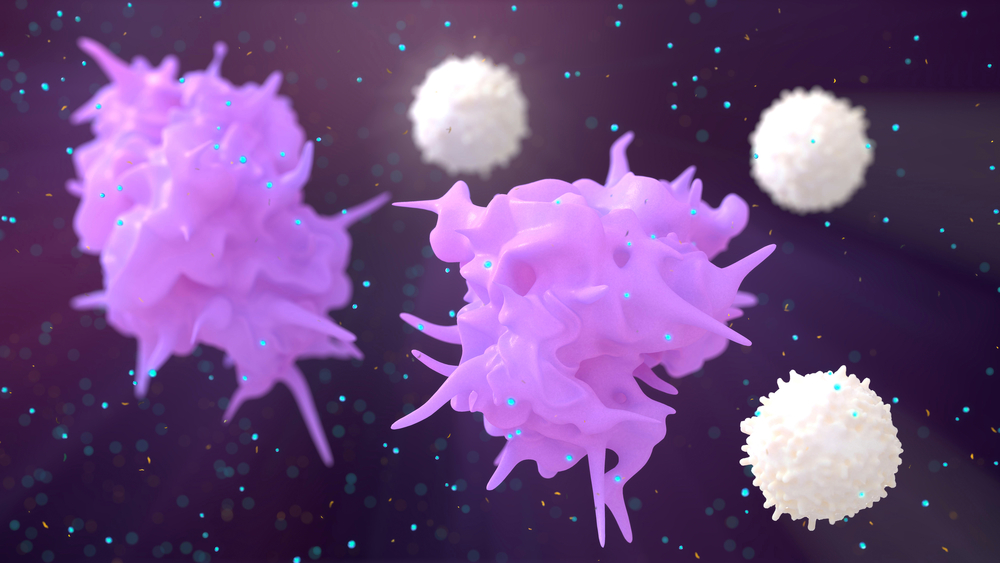Hormonal Pathway That Controls Blood Pressure Shows Anti-inflammatory Potential
Written by |

A hormonal system that controls blood pressure was also seen to counter inflammatory processes in a mouse model of multiple sclerosis (MS) by influencing immune cells to take on a more anti-inflammatory profile.
Researchers believe that it might be possible to manipulate the system with drugs, so as to boost anti-inflammatory activity in diseases such as MS.
The study, “Role of the receptor Mas in macrophage-mediated inflammation in vivo,” was published in the journal Proceedings of the National Academy of Sciences (PNAS).
The renin-angiotensin system, commonly known as RAS, controls how much sodium is present in the blood, and in this way controls blood pressure. Researchers recently discovered that angiotensin hormones also bind to a receptor called Mas.
Early studies indicated that Mas, the newly found signaling route, appear to have anti-inflammatory effects. Therefore, research teams from the Universitätsklinikum Erlangen and Heinrich-Heine-University Düsseldorf, both in Germany, decided to look at the potential role of Mas in an established MS mouse model — the experimental autoimmune encephalomyelitis (EAE) model.
Although the team found the receptor in various types of brain cells, including neurons and oligodendrocytes, the highest gene activity was seen in immune cells called macrophages. Macrophages are cells capable of triggering inflammatory responses, but are also crucial for regulating inflammation. They are a type of phagocyte cell, which are immune defense cells capable of engulfing microbes or abnormal tissue.
Removing the Mas receptor from lab-grown macrophages made the cells take on an inflammatory appearance. But when the cells were treated with a drug that activates Mas, they showed fewer inflammatory properties.
In mice with EAE, researchers noted that Mas levels were lower in the spleen, but higher in the spinal cord than in healthy mice.
When researchers deleted the Mas receptor in EAE mice, the animals had a more severe disease course. An analysis showed that more macrophages and T-cells had moved into the spinal cord compared to EAE mice whose Mas receptor was intact. Without Mas, mice also had a more extensive loss of myelin and neurons, and more severe inflammation.
A number of mice were also treated with the Mas-activating compound before inducing EAE, and researchers discovered that fewer animals developed disease. Among the mice that did fall ill, the disease course was slightly milder.
“These findings contribute to our understanding of the role played by phagocytes in MS and may help to find new therapeutic approaches for this disease, which still has no cure,” Dr. Ralf Linker, a professor of neurology and a co-senior author of the study, said in a news release.
Additional studies are being planned to investigate whether medications that influence the Mas receptor could help MS and other patients.


